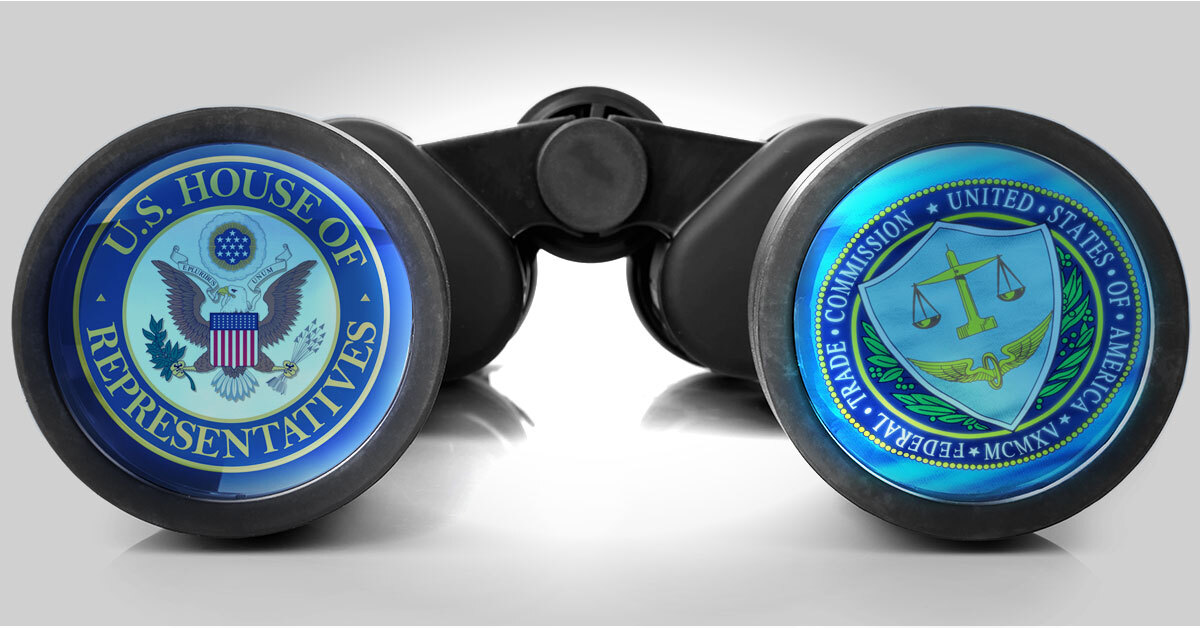Two signs point to the fact the United States is gearing up to finally take a tougher regulatory stance on data privacy.
Sign 1: Steady progress on a comprehensive privacy bill
A new bipartisan bill to rein in Big Tech and give consumers more control over their personal data is making steady forward progress—certainly, the most progress we’ve seen of any similar bill to date.
The bill, known as the American Data Privacy and Protection Act, has progressed further than any other attempt at a US federal data privacy bill and is looking increasingly likely to pass. As the Institute of Privacy Professionals (IAPP) reports, “Despite facing a time crunch, a flood of stakeholder feedback and unforeseen Congressional opposition, the proposed American Data Privacy and Protection Act keeps on chugging.”
The bill has now advanced to consideration by the full House. The IAPP says the vote to advance the bill marks the first time a comprehensive privacy bill will go to a full chamber vote in either the House or the Senate.
The bill represents a compromise on both sides, with Rep. Jan Schakowsky, D-Ill., Chair of the Committee on Energy and Commerce Subcommittee on Consumer Protection and Commerce, which proposed the bill, saying, “I know almost everyone can probably find something that they wished were different in the bill. On the other hand, I do think we have a band-aid for the American people who are just fed up with the lack of privacy online.”
Sign 2: The FTC is gearing up for a major ruling on data privacy
While many agree a federal data privacy law is the end goal and the best outcome, the FTC is meanwhile flagging its serious commitment to “commercial surveillance and data security rulemaking” by releasing a list of questions for lawmakers, privacy advocates, and ordinary citizens. Read the list of questions here.
Until now the FTC has ruled on data privacy case by case but, as the release of the questions shows, it’s preparing to address the issue more comprehensively in future and is seeking public input.
In releasing the rulemaking questions to tighten the US regulatory environment, FTC Chair Lina Khan explained the threat of a lack of data privacy:
“The data practices of today’s surveillance economy can create and exacerbate deep asymmetries of information — exacerbating, in turn, imbalances of power. And the expanding contexts in which users’ personal data is used — from health care and housing to employment and education — mean that what’s at stake with unlawful collection, use, retention, or disclosure is not just one’s subjective preference for privacy, but one’s access to opportunities in our economy and society, as well as core civil liberties and civil rights.”
FTC Commissioner Slaughter adds to the reasoning for the rules: “The best time to initiate this lengthy process was years ago, but the second-best time is now. Effective nationwide rules governing the collection and use of data are long overdue. As the nation’s principal consumer-protection agency, we have a responsibility to act.”
We like how Tech Crunch sums up the situation we’re now in: “The rules being mulled by the FTC may well end up being complementary or even superfluous to federal law, but that is only if by some miracle Congress can pass another major piece of legislation. But if this ends up being the case, consumers will simply be twice as safe.”
“What happens next is a lot of waiting and submitting of documents; the FTC put together a FAQ on the rulemaking process here, and on September 8 the agency will host a virtual public forum to discuss the proposal.”
We’ll keep following this story.



